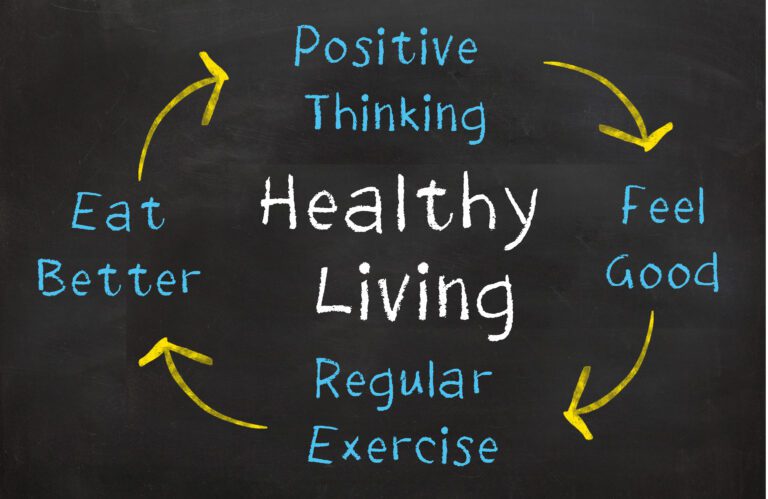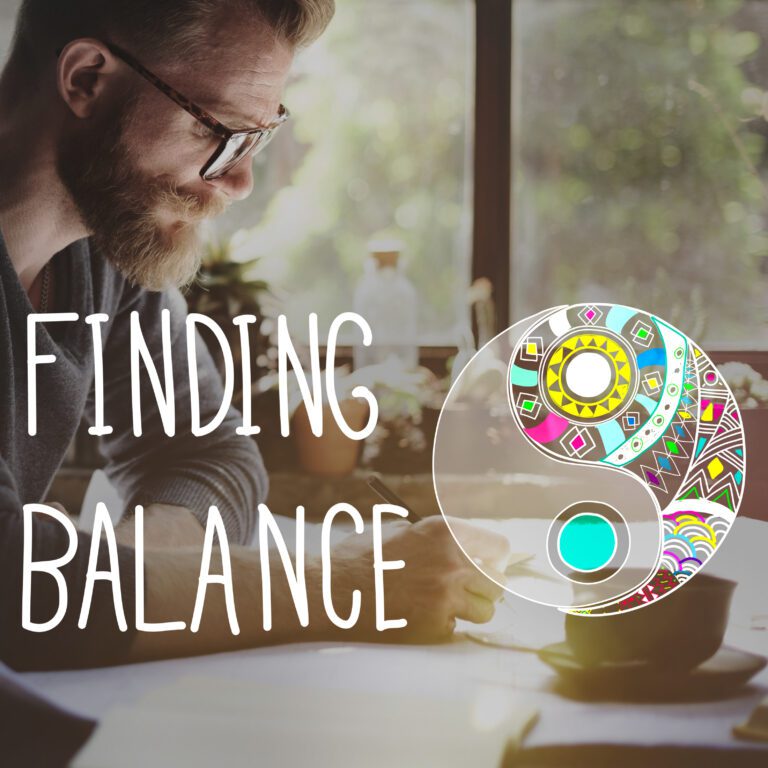How Can New Bipolar Disorder Treatments Reach Patients?
By Nancy Ryerson
For those living with bipolar disorder, the right combination of medication, therapy, and stress management can be life-changing.
But bipolar disorder is a very individualized condition: no one treatment works best for everyone. It can take several years for some people with bipolar disorder to find the most effective treatment regimen. Tragically, people diagnosed with bipolar also have a 20% higher risk of suicide compared with the general population.
It’s clear that more and better treatment options are needed for the 5.7 million people in the U.S. living with bipolar disorder. For that to happen, clinical trials need volunteers to take part.
Clinical Trials: How They Work
Clinical studies test potential new treatments, such as medications, medical devices, and psychotherapy approaches. They also research how bipolar disorder can be better diagnosed, and how complementary medicine may fit into a treatment plan.
In the United States, medications and medical devices must be approved by the Food and Drug Administration (FDA) before patients can access them. The FDA determines whether a new treatment is both safe and effective by analyzing the data gathered in clinical trials.
A new medication typically must go through at least three clinical trial phases before being approved by the FDA.
The first phase, which involves healthy volunteers, tests whether the treatment is safe in general. The next phase enrolls those living with the condition under study and tests the treatment for both safety and effectiveness. The third phase enrolls hundreds to thousands of volunteers and may last for several years.
The FDA considers data from all clinical trials when deciding to approve a new treatment. If it’s determined that the benefits of the drug outweigh the risks, the FDA approves it to be marketed to patients.
How to Find a Clinical Trial
In the United States, all clinical trials are listed on clinicaltrials.gov. Because they designed this website with researchers in mind, rather than laypeople, it’s difficult to navigate if you don’t have a medical background.
Recently, The Bipolar Battle partnered with my company, Antidote, to share our clinical trial matching tool. If you’re interested in finding a clinical trial or just taking a look at what’s out there, just visit the “Match with clinical trials in 60 seconds” link in the sidebar of this blog.
Through Antidote Match, you’ll answer a few questions about your location, diagnosis, and current treatment to see a list of clinical trials that you may qualify for in your area.
Each trial listing has information about the goal of the trial, the trial phase, the sponsor (a pharmaceutical company, university, or other research groups), and the locations of the research sites. If you see a trial you’re interested in, simply choose a site to find the contact information for a clinical trial coordinator there. Reach out to learn more about screening for the trial.
If it sounds like, you may be a good fit for the trial, the site will invite you to an in-person screening. You’ll typically be asked additional questions and have a physical done. Depending on the criteria to participate in the trial, you may have your blood taken or have scans done.
Based on your in-person screening visit, the study team will determine whether or not you qualify to take part in the trial.
What to Consider Before Joining a Trial
If you’re thinking of joining a clinical trial, there are a few different factors to keep in mind. You may talk with your doctor about the trial and consider how the trial may affect your current treatment. Some clinical trials allow you to stay on your current treatment—called background therapy—during the trial, while others may have restrictions around what medication you’re taking.
It’s also important to take a look at the study schedule. A trial may require just one visit a month, or one visit a week. Some trials are more flexible than others, offering at-home visits or smart devices that help cut back on how many times you have to visit a site in person.
A clinical trial may also offer transportation assistance or cover expenses like gas, parking, or meals.
You can ask any questions you have about a clinical trial during what is called the informed consent process. Volunteers can’t join a clinical trial until they sign a form confirming that they answered all of their questions about the study.
Even after you join a clinical trial, you can still leave at any time, for any reason.
Clinical Trial Facts and Myths
Some people are concerned about participating in clinical trials because of possible side effects. There are risks associated with all clinical trials, but if side effects are a concern, you might be interested in trials that are not researching a new drug. Some studies look into how effective a certain kind of psychotherapy is, for example. Other trials research the role certain kinds of exercise can play in symptom management.
One study at the University of Michigan, for example, researched whether a phone app could help predict and monitor manic and depressive episodes in people with bipolar disorder.
Another question we hear a lot at Antidote is about the use of placebos, or “sugar pills,” in clinical trials. Placebos are used to make sure the benefits of the medication being studied aren’t the result of the “placebo effect”—the idea that someone could take medicine without any active ingredients in it, but still feel better because they believe it will make them feel better. While it’s no one’s preference, those in the placebo group of a clinical trial are very important to research.
It’s also important to note that not all clinical trials use a placebo. Instead, some trials measure the effectiveness of a potential new drug against an existing one. Some trials may offer the active drug to everyone in the trial at different points, or if they found the drug to be effective. You may also stay on your current medications while participating in a trial.
Help Move Research Forward
For every existing bipolar disorder medication that improves someone’s life, there are hundreds or even thousands of volunteers to thank. If you’re interested, start your clinical trial search today—you’ll be taking one step toward bringing tomorrow’s breakthroughs closer for everyone living with bipolar disorder.
Nancy Ryerson is a digital communicator with years of experience writing about healthcare. She’s passionate about patient-centricity in research and empowering patients to get involved in their own care. Today, she’s a Digital Marketing Manager at Antidote, where she manages the company’s content marketing and SEO strategy. Before joining Antidote, Nancy spent three years at The Michael J. Fox Foundation, where she created engaging content for a social media audience of nearly 1 million. Her writing has also appeared in health publications such as Psychology Today, Prevention, and Next Avenue. She holds a BA in English and journalism from NYU.







